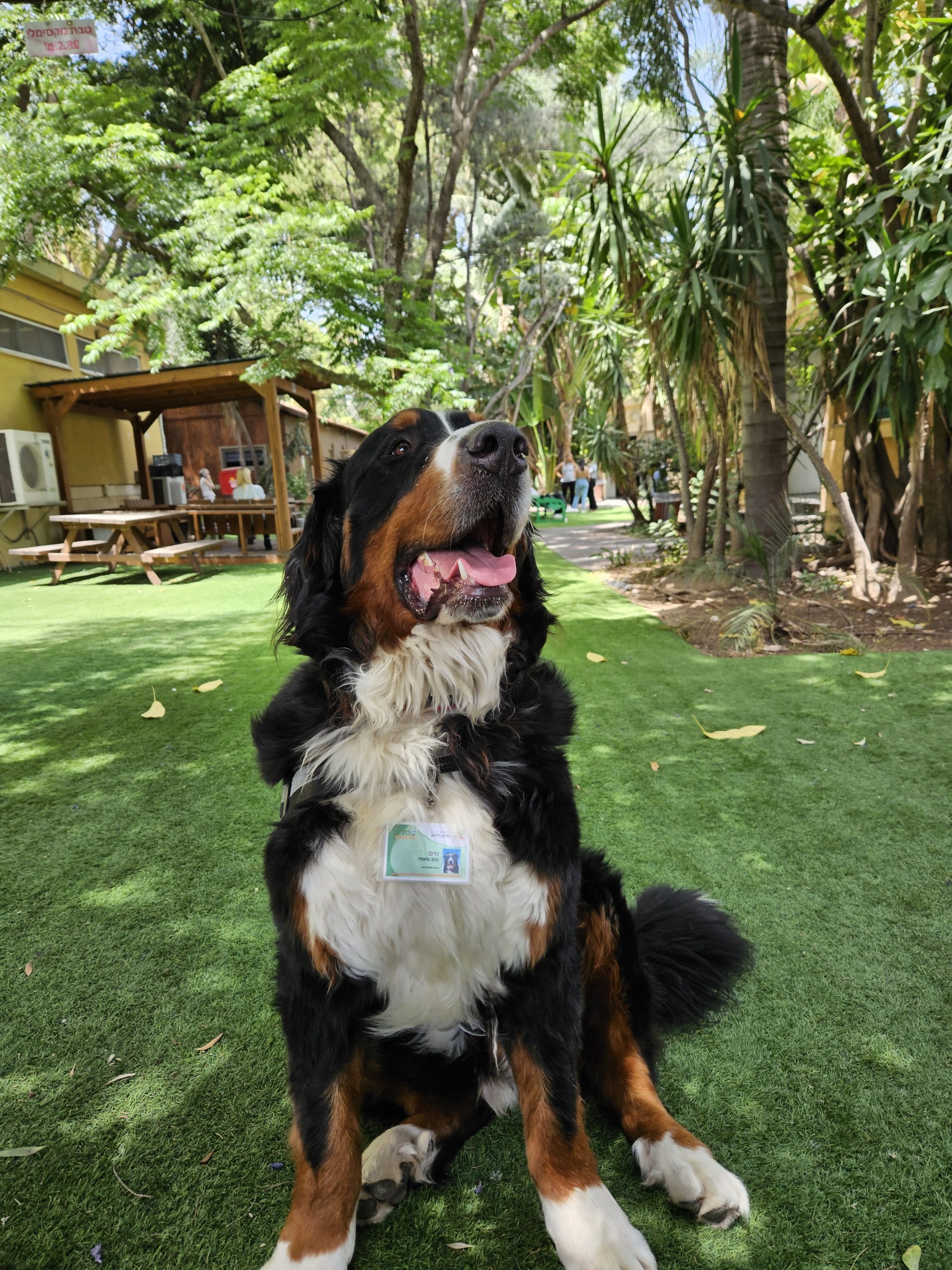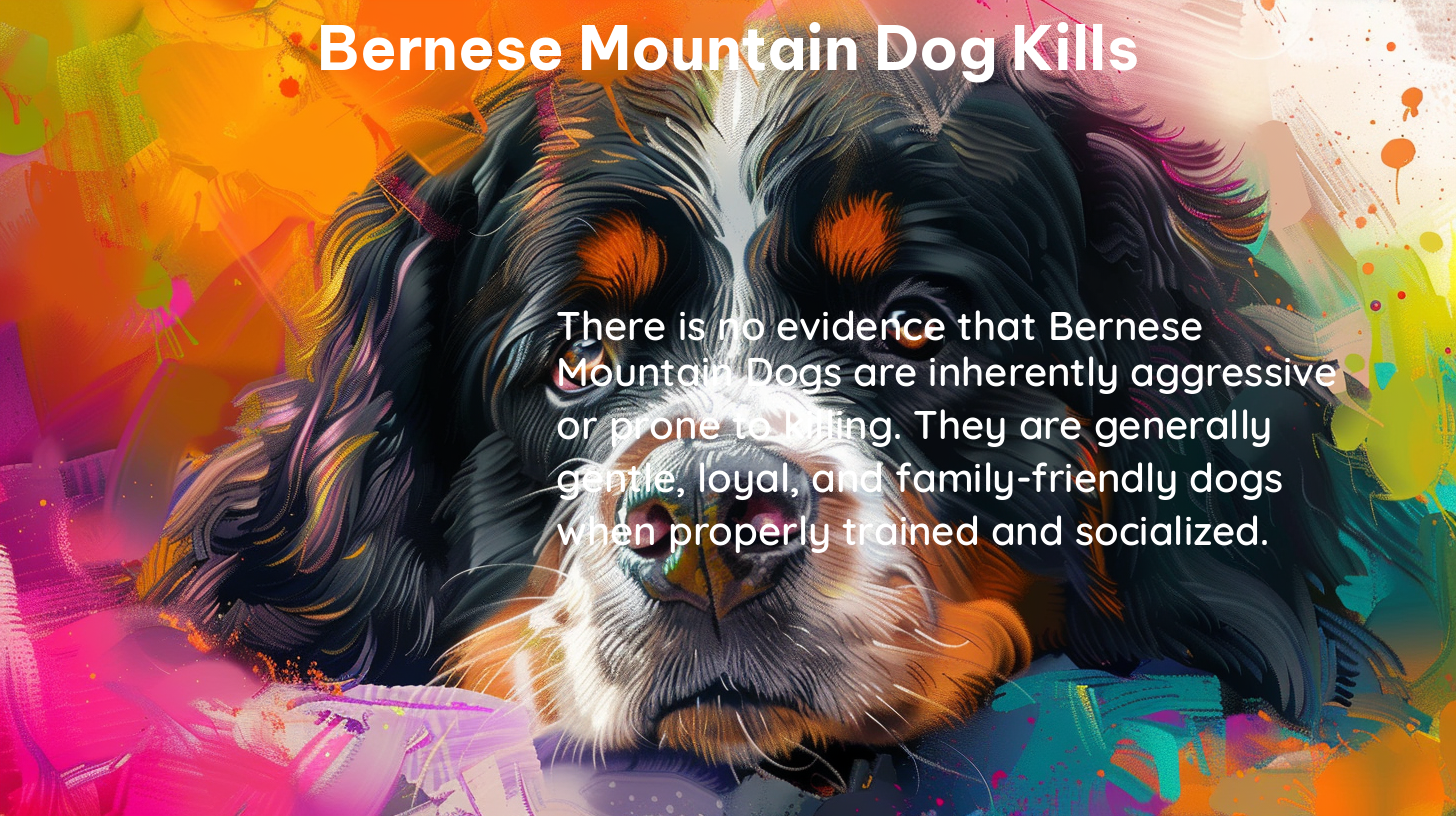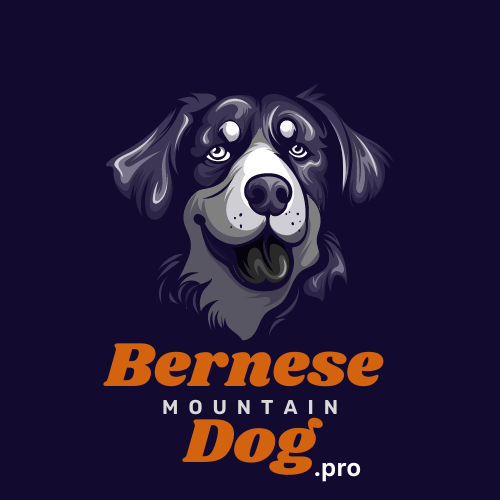Bernese Mountain Dogs are often celebrated for their gentle and affectionate nature, but there have been instances where this breed has been involved in fatal incidents. In this comprehensive blog post, we’ll delve into the darker side of Bernese Mountain Dog behavior, exploring the causes of aggression, the tragic consequences, and the importance of responsible ownership and training.
Aggressive Behavior in Bernese Mountain Dogs

While Bernese Mountain Dogs are generally known for their friendly and docile temperament, there have been reported cases of aggressive behavior from this breed. In some instances, Bernese Mountain Dogs have been involved in attacks on dog trainers, other dogs, and even humans.
One such incident occurred in the United Kingdom, where a retired veterinarian was found dead in his garden after being attacked by a pack of dogs, including Bernese Mountain Dogs. This tragic event highlights the potential for Bernese Mountain Dogs to become aggressive, particularly when not properly socialized or trained.
Causes of Bernese Mountain Dog Aggression

There are several factors that can contribute to aggressive behavior in Bernese Mountain Dogs. These include:
-
Lack of Socialization: Proper socialization from a young age is crucial for Bernese Mountain Dogs to develop a well-rounded and friendly temperament. Insufficient exposure to different people, animals, and environments can lead to fear, anxiety, and potentially aggressive responses.
-
Improper Training: Bernese Mountain Dogs require consistent and positive training to learn appropriate behaviors. Owners who fail to provide adequate training or use harsh methods may inadvertently reinforce aggressive tendencies.
-
Medical Issues: In some cases, underlying medical conditions or pain can trigger aggressive behavior in Bernese Mountain Dogs. Regular veterinary check-ups and prompt treatment of any health issues are essential.
-
Genetics: While Bernese Mountain Dogs are not typically bred for guarding or protection, some individuals may inherit a stronger protective instinct or territorial behavior, which can manifest as aggression in certain situations.
Tragic Consequences of Bernese Mountain Dog Attacks
The consequences of Bernese Mountain Dog aggression can be severe, leading to serious injuries or even fatalities. In one case, two Bernese Mountain Dogs were shot and killed after they attacked and killed another dog.
In another incident, a Bernese Mountain Dog was involved in a violent attack on a dog trainer, resulting in significant injuries. These tragic events underscore the importance of responsible ownership and the need for proper training and socialization to prevent such incidents.
Bernese Mountain Dogs as Guard Dogs
While Bernese Mountain Dogs are not typically bred for guarding or protection, their size and protective instincts can sometimes lead owners to believe they can serve as effective guard dogs. However, this is not the primary purpose of the breed, and they may not be well-suited for this role.
Bernese Mountain Dogs can be trained to be alert dogs, which can serve as a deterrent to intruders. However, they are not naturally inclined to be aggressive towards humans and may require specific breeding and training to develop the necessary guarding skills.
Responsible Ownership and Training
To mitigate the risks of aggressive behavior in Bernese Mountain Dogs, it is crucial for owners to prioritize responsible ownership and proper training. This includes:
-
Early Socialization: Exposing Bernese Mountain Dog puppies to a wide range of people, animals, and environments from a young age can help them develop a well-rounded and friendly temperament.
-
Positive Reinforcement Training: Using positive reinforcement methods, such as treats and praise, can help Bernese Mountain Dogs learn appropriate behaviors without resorting to aggression.
-
Consistent Obedience Training: Regular obedience training, including commands like “sit,” “stay,” and “come,” can help Bernese Mountain Dogs learn to respond to their owners’ instructions and reduce the likelihood of aggressive outbursts.
-
Monitoring Behavior: Owners should be vigilant in observing their Bernese Mountain Dog’s behavior and address any signs of aggression or anxiety promptly, seeking the guidance of a professional trainer or behaviorist if necessary.
-
Proper Containment: Ensuring that Bernese Mountain Dogs are securely contained, either through fencing or leashing, can prevent them from engaging in aggressive encounters with other animals or people.
By prioritizing responsible ownership and providing their Bernese Mountain Dogs with the necessary training and socialization, owners can help to minimize the risk of aggressive behavior and tragic incidents.
Conclusion
Bernese Mountain Dogs are beloved for their gentle and affectionate nature, but it is essential to recognize that, like any breed, they can exhibit aggressive behavior in certain situations. Understanding the potential causes of aggression, the tragic consequences of attacks, and the importance of responsible ownership and training is crucial for ensuring the safety of both Bernese Mountain Dogs and the people and animals around them.
By educating ourselves and promoting responsible ownership practices, we can help to preserve the positive reputation of Bernese Mountain Dogs while also addressing the darker aspects of this breed’s behavior. Through a combination of proactive measures and compassionate care, we can work to create a safer and more harmonious environment for all.
References:
– YouTube Video on Bernese Mountain Dog Aggression
– News Article on Bernese Mountain Dog Attack
– Reddit Discussion on Bernese Mountain Dog Ownership
– News Article on Retired Vet Killed by Dog Pack
– News Article on Bernese Mountain Dogs Killed

Sarah Johnson
Sarah Johnson is a devoted Bernese Mountain Dog enthusiast and regular contributor to Bernese Mountain Dog Pro. With over a decade of experience in raising and training Berners, Sarah brings practical knowledge and passion to her writing. Sarah lives in Colorado with her two Berners, Max and Bella.